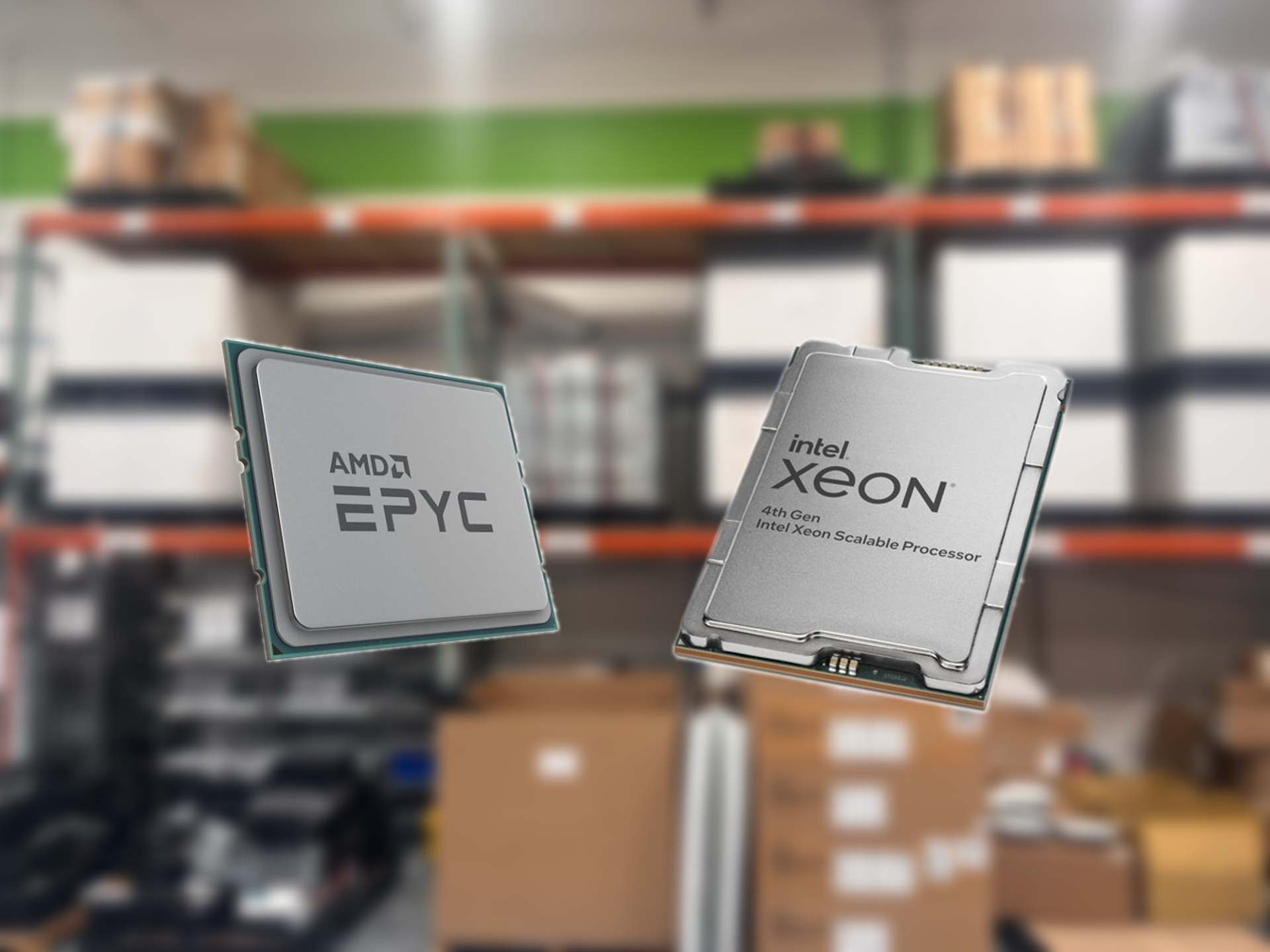When comparing a VPS hosted on an AMD Epyc 7443P and one on an Intel E5-2699 v4, there are several factors to consider, including CPU architecture, core and thread count, clock speeds, power efficiency, and overall performance capabilities. Here’s a detailed breakdown of the key differences and how they might affect VPS performance:
AMD Epyc 7443P
- Architecture: Zen 3 (7nm)
- Cores/Threads: 24 cores / 48 threads
- Base Clock Speed: 2.85 GHz
- Max Boost Clock: Up to 4.0 GHz
- L3 Cache: 128 MB
- Memory Support: DDR4-3200
- PCIe Support: 128 PCIe Gen4 lanes
- TDP: 225W
- Key Features:
- Advanced multi-core performance with high core count.
- Larger L3 cache which benefits data-heavy workloads.
- Support for PCIe Gen4, offering higher bandwidth for I/O operations.
- Advanced security features like SEV (Secure Encrypted Virtualization).
Intel E5-2699 v4
- Architecture: Broadwell (14nm)
- Cores/Threads: 22 cores / 44 threads
- Base Clock Speed: 2.20 GHz
- Max Turbo Frequency: 3.60 GHz
- L3 Cache: 55 MB
- Memory Support: DDR4-2400
- PCIe Support: 40 PCIe Gen3 lanes
- TDP: 145W
- Key Features:
- Decent core count for multi-threaded applications.
- Lower power consumption compared to newer chips, but higher than AMD counterparts.
- Limited to PCIe Gen3, which offers lower bandwidth compared to Gen4.
Performance Comparison
- CPU Performance:
- Single-Core: The AMD Epyc 7443P generally offers better single-core performance due to higher base and boost clock speeds and a more advanced architecture. This can lead to better performance in applications that rely heavily on single-thread performance.
- Multi-Core: The Epyc 7443P also has an advantage in multi-core performance, given its higher core count and more modern architecture, which is beneficial for parallel workloads such as data processing and virtualization.
- Memory and Cache:
- The Epyc 7443P supports faster memory (DDR4-3200) compared to the E5-2699 v4 (DDR4-2400), allowing for higher memory bandwidth, which is crucial for memory-intensive applications.
- The Epyc’s larger L3 cache (128 MB) significantly improves performance in data-intensive tasks by reducing latency and improving throughput compared to the E5-2699 v4’s 55 MB.
- I/O and Expansion:
- The Epyc 7443P supports PCIe Gen4, which provides double the bandwidth per lane compared to PCIe Gen3 supported by the E5-2699 v4. This is particularly beneficial for applications requiring high-speed storage and network connectivity.
- Power Efficiency:
- Despite a higher TDP, the AMD Epyc 7443P tends to be more power-efficient per core due to its advanced manufacturing process (7nm vs. 14nm). This means it can deliver better performance per watt, making it a more energy-efficient choice for data centers.
- Future-Proofing and Longevity:
- The AMD Epyc 7443P, with its support for newer technologies and higher performance capabilities, is more future-proof compared to the Intel E5-2699 v4. It’s likely to remain relevant for a longer period, supporting future software advancements and requirements.
Use Case Considerations
- Virtualization and Cloud Hosting: The AMD Epyc 7443P’s superior multi-core performance and memory bandwidth make it a better choice for virtualized environments and cloud hosting, where multiple VMs can benefit from the higher core and thread count.
- Data-Intensive Applications: Applications such as database servers, big data analytics, and scientific computing will benefit from the larger cache and memory bandwidth of the AMD Epyc 7443P.
- Power Consumption and Efficiency: For environments where power consumption is a critical factor, the AMD Epyc 7443P’s advanced architecture offers better performance per watt, making it a more efficient choice.
Conclusion
For a VPS, the AMD Epyc 7443P generally provides superior performance and efficiency compared to the Intel E5-2699 v4. It’s better suited for handling modern, demanding workloads and offers greater scalability and future-proofing. If you’re looking for higher performance, better power efficiency, and support for the latest technologies, the AMD Epyc 7443P is the preferable option.
If you need further information on how these differences might specifically impact your use case or if you want to know about potential cost differences, feel free to ask!
Contact Sales: [email protected] | https://cloudnium.net
